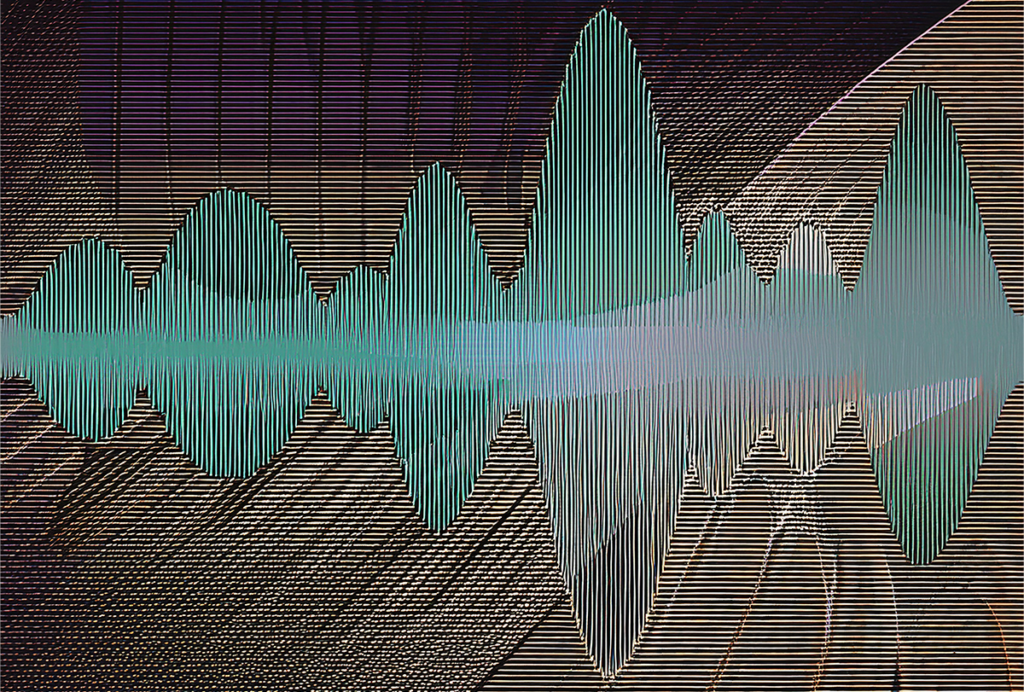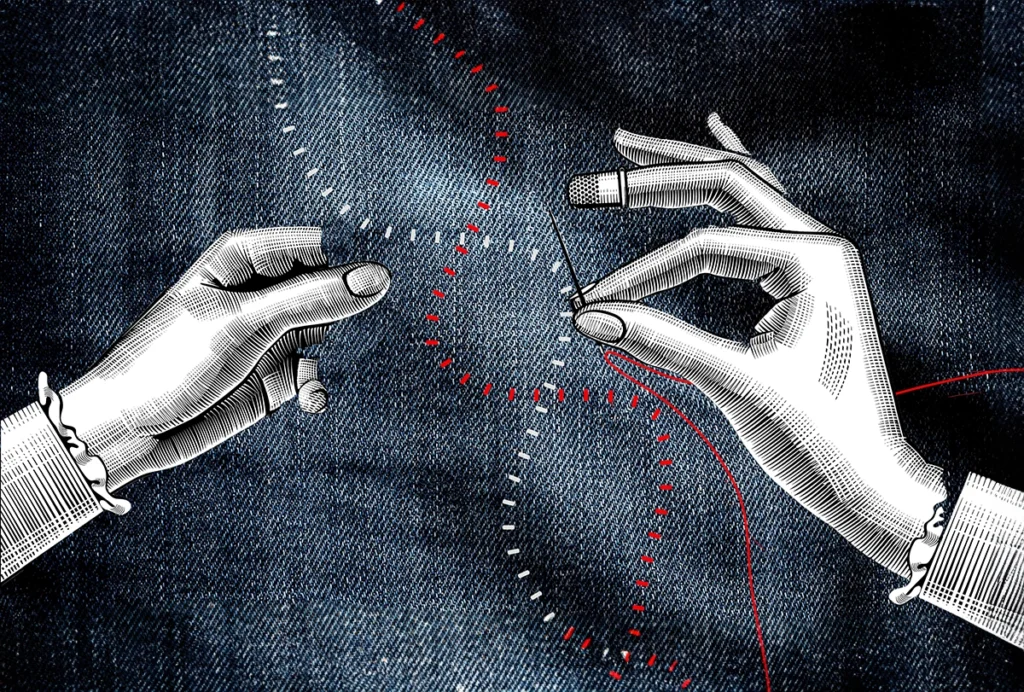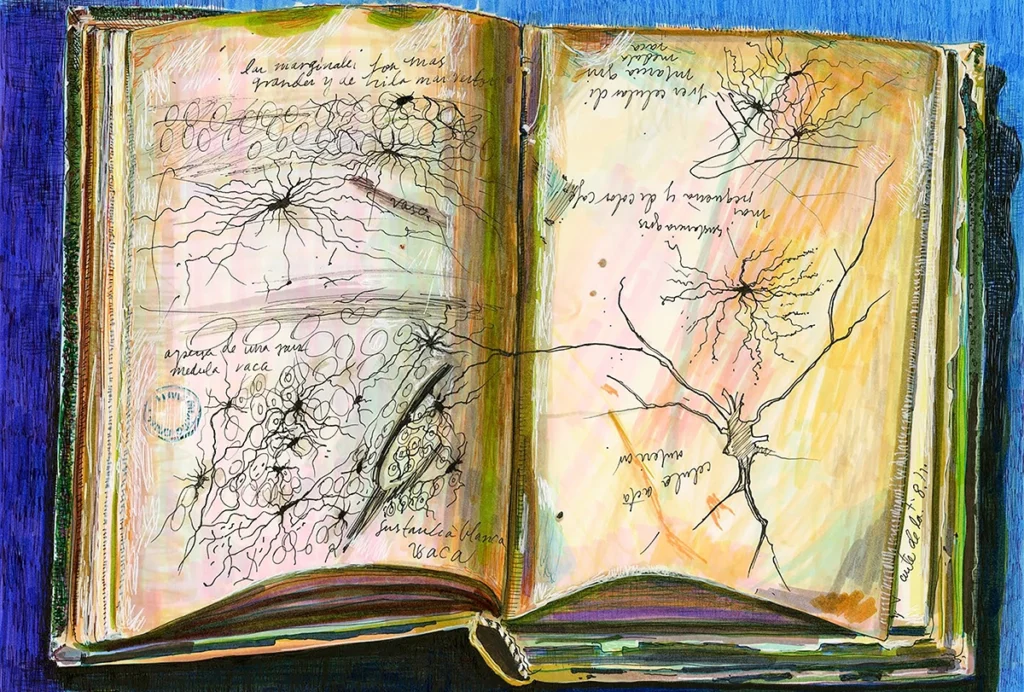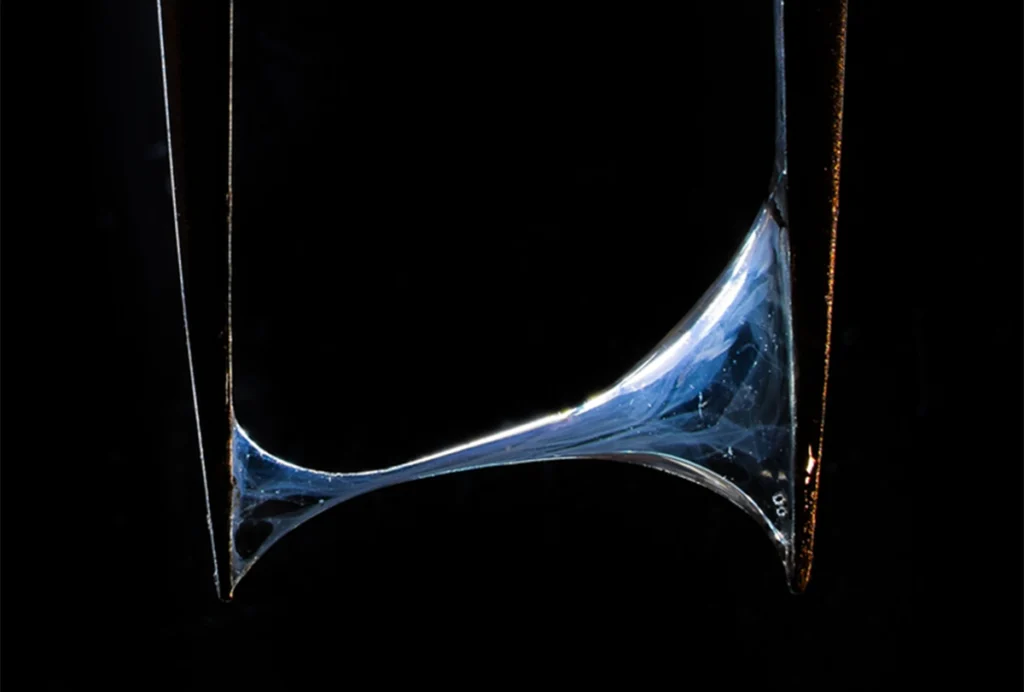Rebecca Horne oversees and directs The Transmitter’s multimedia operations and commissions illustrations, photography, videos and other multimedia content. Prior to joining the team, Rebecca was photography director and photography editor for Discover magazine and The Wall Street Journal, where she won several awards for her work. Originally from California, she has also served as an art producer at the advertising agency Addison Design, a photography producer at Airbnb and the multimedia app Storehouse. She has also taught photography at the California College of the Arts and Rutgers University, and has written on art and science for Wired, CNN, The Wall Street Journal, Nautilus and others.

Rebecca Horne
Art director
The Transmitter
From this contributor

Keeping it personal: How to preserve your voice when using AI

Untangling biological threads from autism’s phenotypic patchwork reveals four core subtypes

Improvising to study brains in the wild: Q&A with Nacho Sanguinetti-Scheck

Redrawing Santiago Ramón y Cajal: Q&A with Dawn Hunter
Education
- M.F.A., Rutgers University
- B.F.A., San Francisco Art Institute
Explore more from The Transmitter
Developmental delay patterns differ with diagnosis; and more
Here is a roundup of autism-related news and research spotted around the web for the week of 14 April.

Developmental delay patterns differ with diagnosis; and more
Here is a roundup of autism-related news and research spotted around the web for the week of 14 April.
‘Natural Neuroscience: Toward a Systems Neuroscience of Natural Behaviors,’ an excerpt
In his new book, published today, Nachum Ulanovsky calls on the field to embrace naturalistic conditions and move away from overcontrolled experiments.

‘Natural Neuroscience: Toward a Systems Neuroscience of Natural Behaviors,’ an excerpt
In his new book, published today, Nachum Ulanovsky calls on the field to embrace naturalistic conditions and move away from overcontrolled experiments.
Functional MRI can do more than you think
Recent technological advances provide a range of new and different information about brain physiology. But taking full advantage of these gains depends on collaboration between engineers and neuroscientists.

Functional MRI can do more than you think
Recent technological advances provide a range of new and different information about brain physiology. But taking full advantage of these gains depends on collaboration between engineers and neuroscientists.
